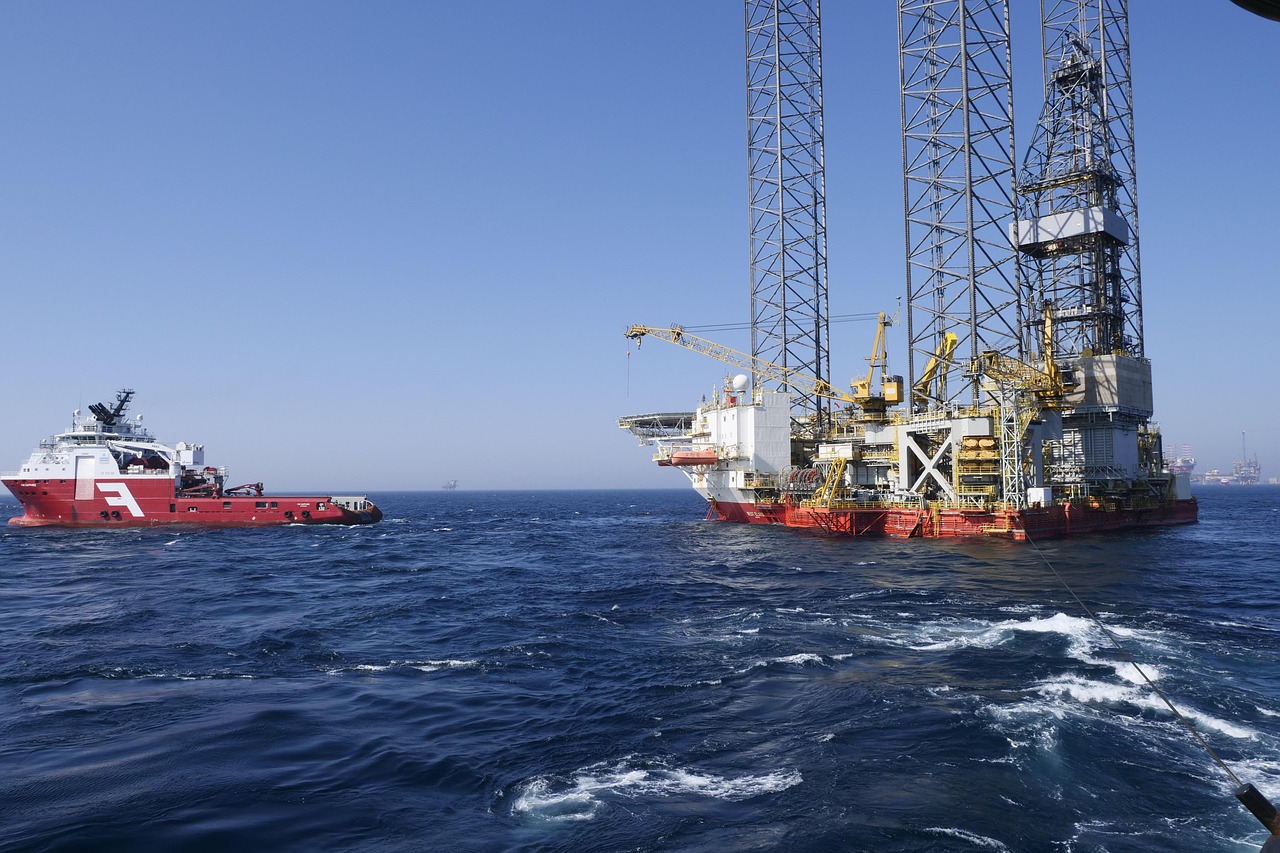Egypt’s Ministry of Petroleum and Mineral Resources has signed three new oil and gas exploration agreements worth more than $121 million, reinforcing Cairo’s efforts to attract foreign investment and expand its upstream activity. The deals, finalized on September 14, cover concessions in the Western Desert, the Gulf of Suez, and North Sinai, according to an official statement on September 16.
Under the first agreement, Brenco Egypt secured rights to the North Sinai Offshore area, committing $46 million to drill three wells along with a $1 million signature bonus. The second agreement, covering the East Al Hamd concession in the Gulf of Suez, was awarded to the UAE’s Dragon Oil following a competitive bid round. Dragon Oil pledged $40.5 million for the drilling of three wells, with an additional $4.5 million bonus. The third deal, signed with U.S.-based Apache, grants the company access to five new exploration blocks in the Western Desert, supported by $35 million in planned investments and a $25 million signature bonus for a program that includes drilling 14 wells.
Strong year
In its annual results for FY 2024/25, the Egyptian General Petroleum Corporation (EGPC) highlighted a year of robust performance. The state-owned entity signed 11 new exploration agreements, concluded 12 development contracts, and reported 49 new discoveries. EGPC also drilled 71 exploratory wells during the year, meeting domestic demand for 83.6 million tons of petroleum products and natural gas.
Local production exceeded 60 million tons, while refining operations processed 25.3 million tons of crude. The corporation further advanced 18 projects focused on clean energy and operational efficiency, including solar initiatives, flare gas utilization, and fuel optimization. These efforts are projected to generate $58 million annually and reduce carbon emissions by 270,000 tons.
Energy hub
International oil companies continued to expand their footprint in Egypt during the year. On September 8, the Egyptian Natural Gas Holding Company (EGAS) signed a memorandum of understanding with BP to explore and drill five new gas wells in the Mediterranean Sea. Signed in London and witnessed by Petroleum Minister Karim Badawy, the agreement seeks to accelerate production by linking future discoveries to BP’s existing West Nile Delta infrastructure. BP described the deal as a reaffirmation of its six-decade partnership with Egypt and part of its strategy to strengthen its regional gas portfolio.
Meanwhile, on August 27, the Ministry of Petroleum announced a new discovery at the North Lotus Deep-1 well in the Western Desert, operated by Agiba Petroleum, a joint venture between EGPC and Italy’s Eni. The well is expected to produce 1,835 barrels of crude oil and seven million cubic feet of gas per day, equivalent to around 3,100 barrels of oil equivalent. Reserves are estimated at five million barrels of oil equivalent. Agiba also reported a sixfold increase in production from horizontal drilling in the Masajid reservoir compared with traditional methods. The company invested $404 million in FY 2024/25, drilling 30 wells and maintaining production above 40,000 barrels of oil equivalent per day while advancing water re-injection projects to reduce environmental impact.
The Badr El Din Petroleum Company (Bapetco) also outlined an ambitious investment program. Since the start of FY 2024/25, Bapetco has drilled 13 new wells and repaired 39 others, boosting output to 56,000 barrels of oil equivalent per day, 190 million cubic feet of gas, and 22,000 barrels of condensates. Chairman Ashraf Abdel Gawad announced plans to invest $350 million in FY 2025/26 to drill up to 47 new wells, including eight exploration wells with significant reserve potential. Petroleum Minister Karim Badawy encouraged the company and its joint venture partners—Capricorn Energy and Cheiron—to maximize production from existing fields, speed up the development of new discoveries, and prioritize emissions reduction.




